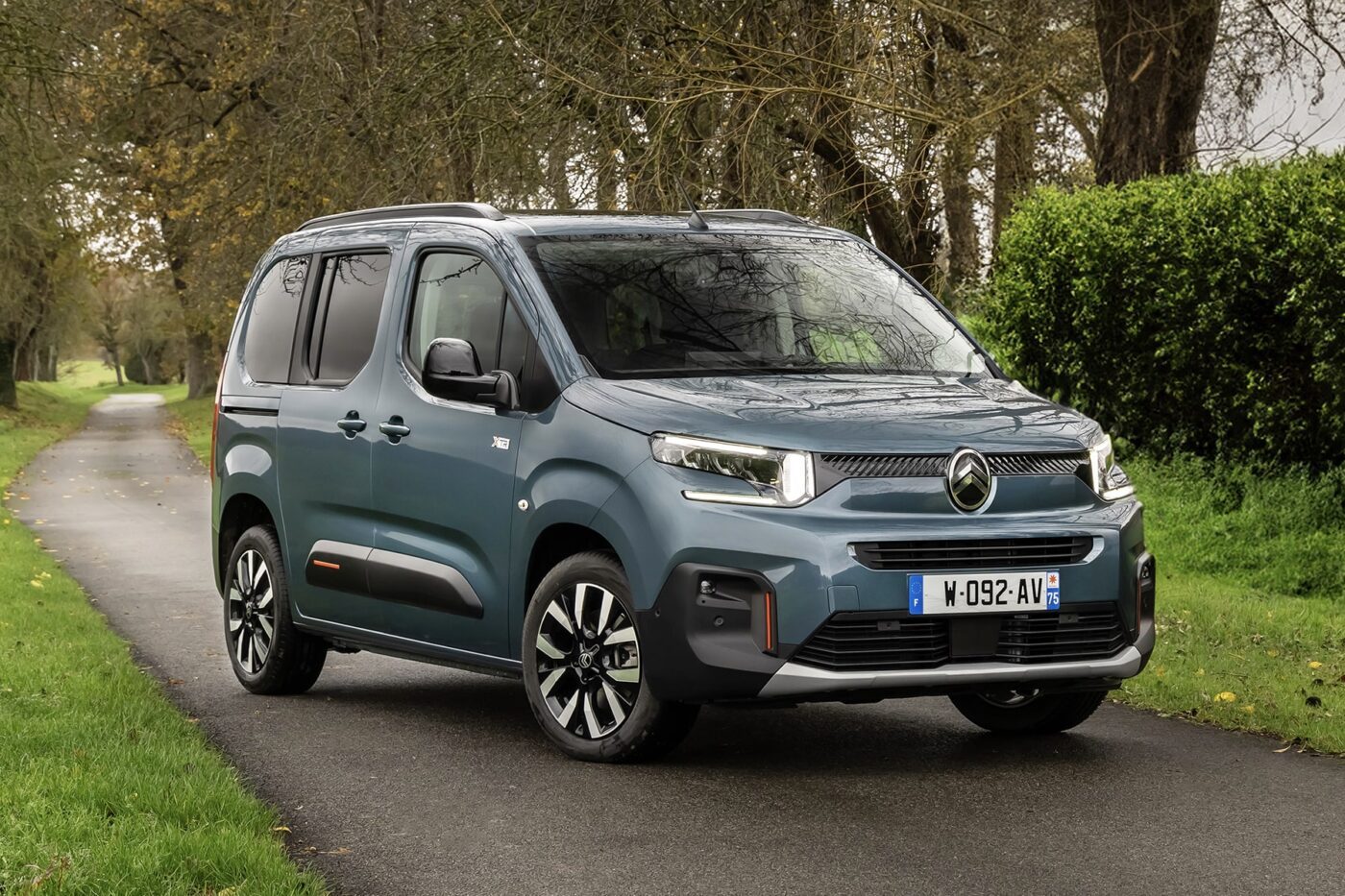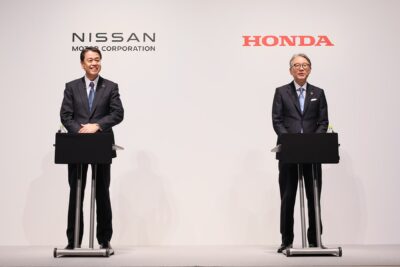France lowers environmental bonus for EVs
The maximum subsidy for higher-income households was reduced from 5,000 euros to 4,000 euros by decree, while the maximum subsidy for lower-income households remains at 7,000 euros. However, the subsidy amount for leasing used electric cars is increased by 1,000 euros, it says in the decree.
“We are modifying the programme to help more people but with less money,” Environmental Transition Minister Christophe Bechu told French radio station France Info. France initially earmarked 1.5 billion dollars for its bonus écologique.
France’s environmental bonus is linked to the CO2 emissions from the production of vehicles and batteries. It evaluates various environmental criteria, including, for example, the characteristics of the vehicle model itself, its weight, the origin and environmental impact of the materials used, the ecological balance of the assembly plant, and the transport routes to the point of sale.
It is thus virtually impossible for Chinese manufacturers to fulfil the criteria. As a result, there is not a single electric car made in China on a list of subsidised vehicles published in December. However, around two-thirds of the electric vehicles on sale in France are eligible, including many models from the Stellantis Group, Renault and German manufacturers. The Tesla Model Y from German production is also eligible.
The decree also confirms the suspension of the EV leasing programme for low-income earners. Like the EV subsidies, the programme had gone into effect at the start of the year, but was apparently too successful. According to the French government, some 50,000 leasing contracts have been approved under the special low-income conditions since the start of the year – more than double what the country has budgeted for for the entire year.
As part of the programme, people with an annual income (“tax reference income”) of less than 15,400 euros have been able to lease an electric vehicle for 100 to 150 euros per month since the beginning of 2024. The 100 euros were available for “city vehicles” and the 150 euros for “family vehicles.” Another requirement was that the person travelled at least 8,000 kilometres per year because of work or that their workplace was more than 15 kilometres away.
bnnbloomberg.ca, reuters.com, legifrance.gouv.fr (decree; in French)





0 Comments